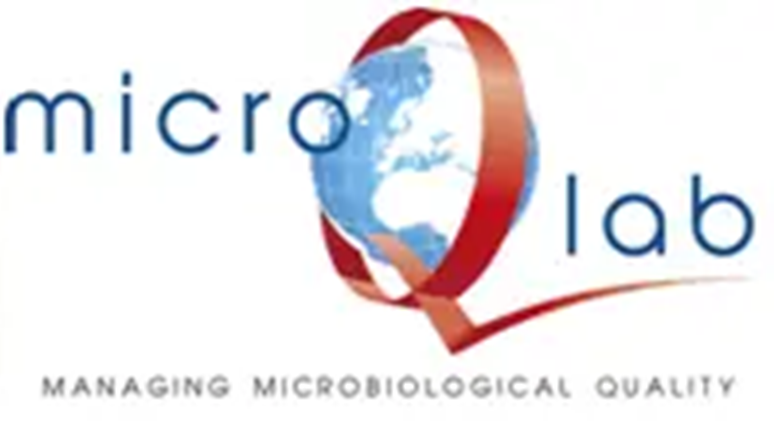
Erasmus+ Project: Training in innovation through the Quality System in Food Microbiological Laboratories.
- Type Project
- Status Filled
- Execution 2014 -2016
- Assigned Budget 210.755,00 €
- Scope Europeo
- Autonomous community Comunitat Valenciana
- Main source of financing Erasmus +
Developing better ways to ensure microbiological safety in food. In this context, an essential aspect of ensuring food safety is the implementation of quality-based analytical controls.
The European Regulation on Microbiological Criteria (2073/2005 and amendments) aims to harmonize most aspects of health and safety regulations in Europe, establishing safety criteria and official reference methods for testing. This regulation clearly establishes the need for competence in performing analyses, and consequently, testing laboratories must take steps to obtain recognition by official bodies and entities. Implementing and maintaining the ISO/IEC 17025 quality assurance system in a laboratory requires technical competence to achieve all the necessary milestones in the areas of management; technician training; equipment certification; method validation systems; and extensive documentation. The disadvantages of developing and maintaining an efficient quality assurance system, such as time investment, increased expenses, and bureaucracy, prevent laboratories from achieving this goal. In most cases, the process is longer than originally planned, increasing costs and postponing the benefits obtained through accreditation or recognition of laboratory competence.
The methodology for developing the course will first involve conducting a European-wide needs analysis to assess the difficulty level encountered by laboratory professionals when implementing a Quality System in their laboratories. This information will be analyzed to develop the specific course content. In a second phase, an e-learning program will be created on an open, interactive, and engaging platform. Before its launch, a third phase will involve conducting a pilot study with participants from different parts of Europe to assess its suitability and acceptance, and implement corrections before obtaining the final version.
MicroQLab will utilize the latest ICT tools, modernizing, engaging, and streamlining the learning process, adapting it to the preferences of today's youth. The course will be presented in modules that can be completed independently, further streamlining participants' knowledge acquisition, with interactive exercises and practical situations that will prepare them to better apply the methods learned in real-life situations. The learning process will be supported by virtual laboratories, presenting scenarios with specific situations (e.g., the evaluation of calibration equipment). Other audiovisual elements, such as videos and games, will encourage students to complete the course.
The main objective of MicroQLab is to develop an innovative e-learning program on quality systems for food microbiology laboratories, providing knowledge acquisition and specialization in the analytical field of food microbiology.
The main impact of MicroQLab for the target groups will be access to a more efficient and cost-effective way to implement a quality system in a food microbiology analytical laboratory. This will enhance skills and qualifications to facilitate the personal development and employability of job-seeking students who need to acquire practical skills to enter the labor market.
The course will also be very beneficial for students already working and needing to acquire new knowledge and skills to take on new responsibilities, allowing them to acquire competencies in new and increasingly in-demand areas. These students will benefit from time and effort savings in implementing a quality system, which will increase their motivation and job satisfaction.
For stakeholders, the impact of MicroQLab will also be significant, and can be measured by the improved competitiveness of the food sector, developing employee skills to improve food control and quality assurance practices, and driving growth and internationalization.
In addition to the benefits achieved by the target groups, long-term project results can be expected through the transfer of the concept and methodology to other sectors and through the transfer of the course to new or existing VET or university courses for official recognition in the public curriculum.
- Coordinator/entity name: AINIA
- Postal address: Calle Benjamin Franklin 5-11 Valencia Parc Tecnologic, 46980 Paterna
- Telephone: 961366090
- Ainia
- INSTITUTO DE SOLDADURA Y CALIDAD
- INSTITUTO ZOOPROFILÁCTICO EXPERIMENTAL DE ABRUZZO Y MOLISE "G. CAPORALE" DE TERAMO
- Instituto de Alimentación KIN







